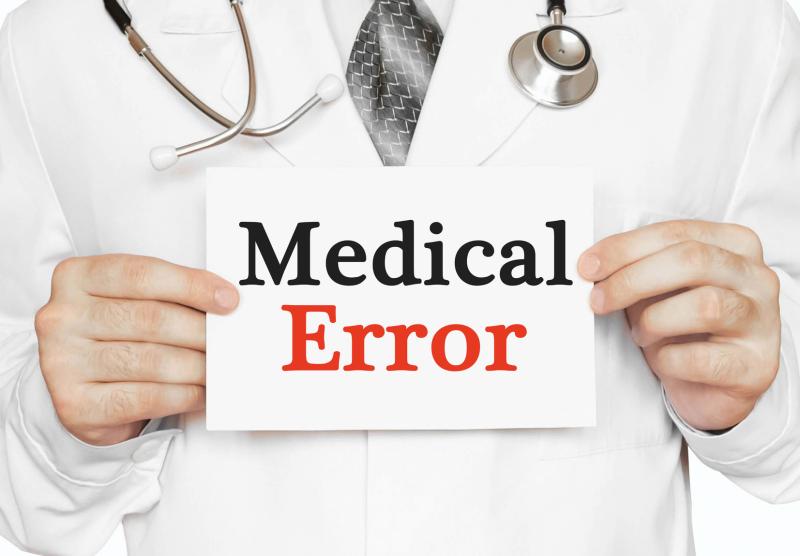As humans, it’s in our nature to make mistakes… we’re not perfect. Although we all make mistakes, the consequences of those mistakes can vary in severity depending on the type of mistake made and who makes the mistake. For instance, if a PR agent makes a few typos on a press release, the worst thing that could happen would be a small tarnish on their credibility. If a nurse gave a patient the medication Pitavastatin but actually gave the patient Pravastatin by mistake, the end result could be disastrous, not only for the patient but also for the nurse who made the mediation error.
Medication errors are mistakes made in the prescribing, dispensing, and administering of medications. According to the National Center for Biotechnology Information, anywhere from 7,000 to 9,000 people die from medication errors while hundreds of thousands experience adverse or allergic reactions to medications they were prescribed but failed to report.
If you’ve experienced any type of medication adverse reaction, it’s very important that you report it immediately and seek legal counseling for your suffering. Not only could it save your life but it could also save the lives of others. Medication errors are a medical malpractice due to some form of negligence and they’re actually the cause of a lot of serious adverse reactions in patients all over the world. In big cities like Boston, there are law firms like the Boston medical malpractice attorneys that specialize in this area of medical malpractice and will fight for your suffering.
So now, the real question is, if medication errors is something that happens all over the world, how does it happen and how can it be prevented?
Causes of Medication Errors
Medication errors can happen as a result of a few different reasons, regardless of if it’s in a long-term care facility, hospital, or walk-in clinic. The most common causes of medication errors include:
- Drug names that look and sound alike
- Lack of/poor communication between the patient and doctor
- Various medical abbreviations
- Lack of/poor communication between doctors
Now, the thing to keep in mind about medication errors is that they’re completely preventable. By taking the necessary precautions, medication errors can be reduced drastically, allowing doctors, practitioners, nurses, and pharmacists to reduce stress and restore balance.Take a look at some of the best practices on how to reduce medication errors.
Preventing Medication Errors
Utilizing Name Alerts
Different medical institutions use name alerts to prevent patients from medication mix-ups. Names like Johnson and Johnston sound alike and also look alike, so to prevent patients with similar sounding names from getting the wrong medications, a name alert will be placed in front of the medication administration record (MAR).
Double Check Procedures
You can almost think of this as the “buddy system” of the medical field. An example of this would be when a nurse who’s about to get off has the incoming nurse review all new orders to make sure each patient’s order is noted and transcribed accurately on the doctor’s order as well as the patient’s MAR.
Follow the Medication Reconciliation Procedures
Medical institutions are obligated to having policies and procedures in place for medication reconciliation to a patient is transferred from one facility to another and even from one unit to a different unit in the same facility. The medical professional will need to review and verify that each patient is receiving the correct medication, the correct dosage, and accuracy in the medication route and time from transfer orders and documents… this is what nurses will compare to the MAR.
It’s important to do this but sometimes with transferred patients, their medication record isn’t always available for verification but in that event, it’s still important to try and verify with all the resources available, whether it’s from a patient’s family, transferring facility, and the patient’s physician. Doing so will prevent medication errors due to improper reconciliation procedures.
For Dosage Accuracy, Place a Zero in Front of a Decimal Point
With medication, dosages are very easy to mess up. For example, it’s very easy for 0.20mg to be read as 20mg. To prevent any mix-ups or confusion from happening, prescription dosages should be written with a zero in front of the decimal point if the dosage calls for a decimal… not doing so could result in adverse reactions for patients.
Properly Store Patient Medications Each Time They’re Administered
Whether it’s medications that need to be room temp or medications that need to be refrigerated after each use, it’s important that the nurse follow the medication directions… proper storage is what allows the medication to maintain its effectiveness.























